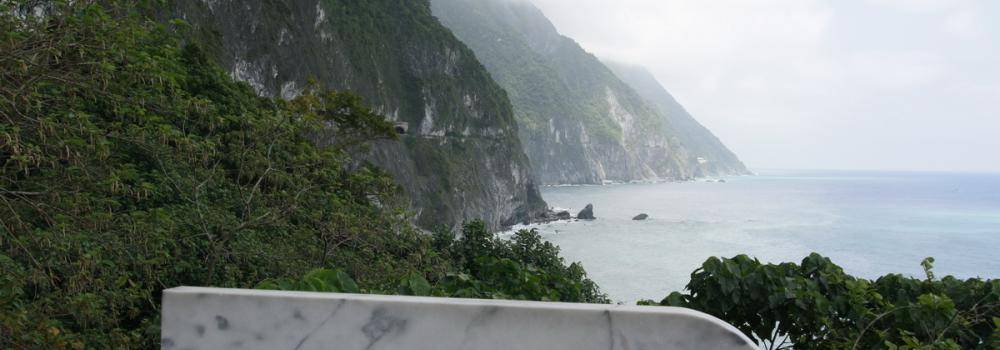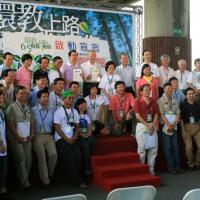
Overview
Through the Taiwan Environmental Education Act, Taiwan promotes a national environmental education certification system for practitioners, institutes, government, and the private sector. The program provides a nationwide process for advancing environmental literacy and achieving the goals of Taiwan’s strategic plan for sustainable development. The Environmental Education Act informs national environmental education guidelines, an EE action plan (through legislation, certification programs, evaluations, and assessments), and the conduct of government organizations. The national policy also requires that all students and any staff in government and business engage in 4 hours of government funded environmental education curriculum each year. Additionally, Taiwan and the United States work together on the U.S.-Taiwan Eco Campus program to share EE experiences through student exchange programs. In 2016, there were 85 pairs of schools participating in the program (a total of 170 schools) between the US & Taiwan. Taiwan’s efforts to improve environmental literacy through national policy, engaging programs, and EE certification are being met with substantial success, as the country now hosts over 7,000 certified EE personnel, with over 3,000 of them working in the national school system.
Furthermore, Taiwanese environmental groups have been actively pushing for the EE impact to grow. Non-profit organizations such as Greenpeace, Rethink, Green Citizens’ Action Alliance, Citizen of the Earth Taiwan, and Taiwan Youth Climate Coalition, have been going to school campuses, working with teachers, and hosting summer camps/workshops for students. Notably, Greenpeace East Asia’s climate change education program, Green Future (launched in 2020), has built an online environmental learning platform, a certification system for students as they complete learning modules (which helps when applying to higher education), and various learning materials for teachers or students in the region.
Policy & Practice
National Legislation
Taiwan Environmental Education Act came into force in 2011. The goal is for people to understand their ethical relationship with the environment, as well as to improve environmental knowledge, skills, attitudes, and values.
EE in K-12 Education
All students are required to participate in more than four hours of environmental education annually (see https://eeis.epa.gov.tw/front/EngWeb/index1.html).
Professional Development
Environmental education personnel can be certified through one of six approaches: education, experience, expertise, recommendation, examination, and training. Environmental educators in Taiwan can be trained in certified EE facilities or institutes.
Leadership
National Associations
The association for environmental education professionals in Taiwan is the CSEE.
EE in the National Government
The government office that supports EE is the Department of Comprehensive Planning, Environmental Protection Administration (EPA), Executive Yuan, R.O.C. (Taiwan).
National EE Campaigns and Funding
According to the Taiwan Environmental Education Act (TEEA), 10% of revenue is from annual recycling wastes, at least 5% of the budget is from annual environmental protection fund, and 5% is from environmental protection fines. Currently, the central government’s annual budget for environmental education is USD $1.2 million, with an additional USD $1.33 million allocated for local governments.
Civil Society
Taiwanese civil society, including environmental organizations, teachers’ groups, think tanks, academia sinica, have been practicing environmental education on the ground. The education focus of these organizations and groups varies widely, Including topics such as climate change theory, climate legacy, energy transition, indigenous people land protection, plastic pollution, forests, ocean, and more. Civil society, through its openness, flexibility, and creativity, has significantly improved environmental education in the country.
Organizations
Case Studies

The U.S.-Taiwan Eco-Campus Partnership Program (EPP) seeks to build a clean and healthy living environment to achieve the goal of sustainable communities. EPP’s main objectives include:

Environmental education has long been a national priority in Taiwan.

臺灣一直以來將環境教育放在首要位置。這份研究案例將探討環境教育如何在2018年更加融入國民教育成為不可或缺的一環,有哪些可借鏡之處,以及環境教育如何在臺灣正規教育體系中紮根。

This case study describes one country’s process of implementing a national environmental education act. The Taiwan Environmental Education Act (TEEA) was approved on June 5th, 2010 and went into effect the following year, on June 5th, 2011.







